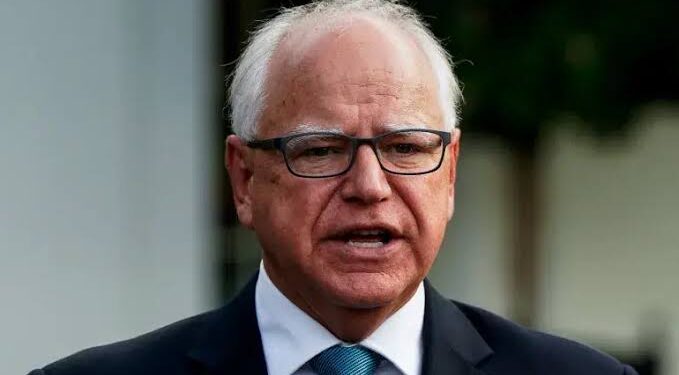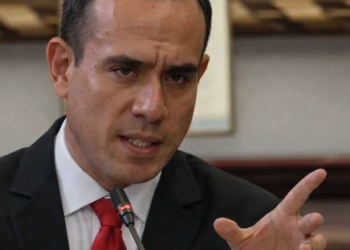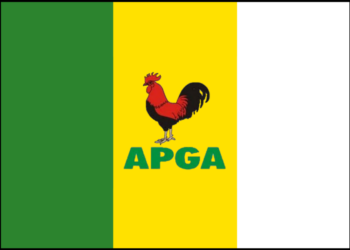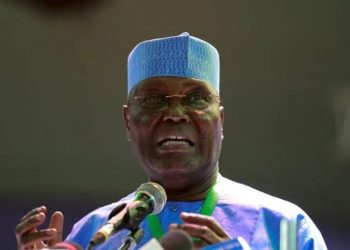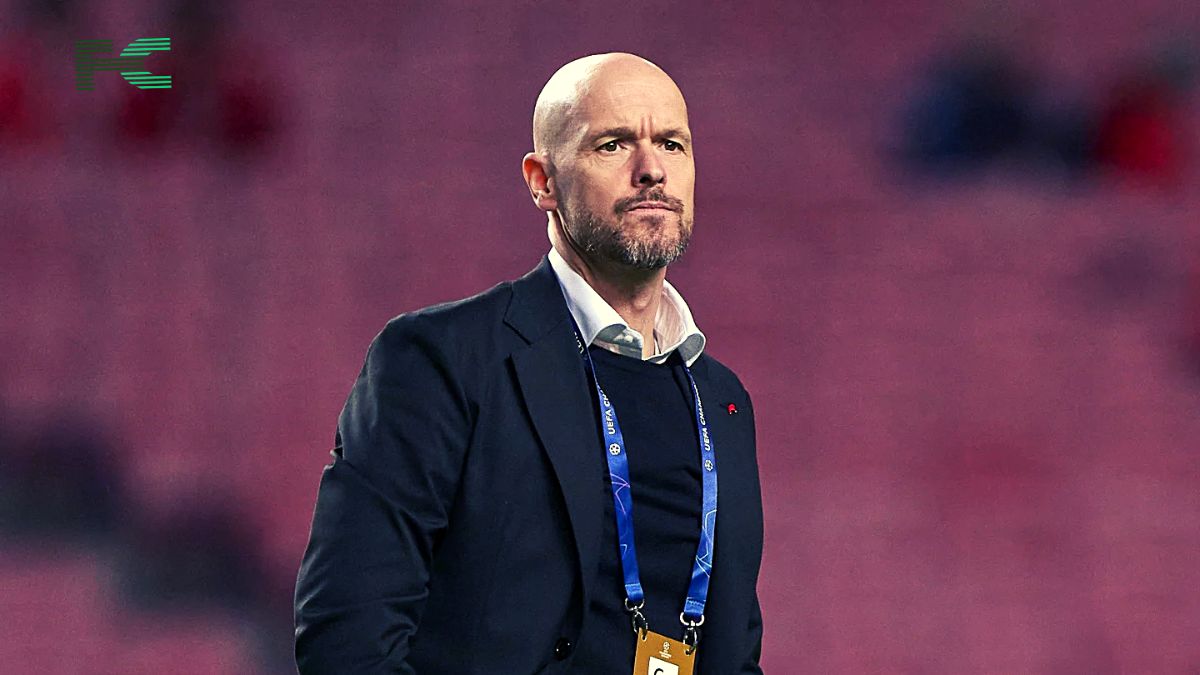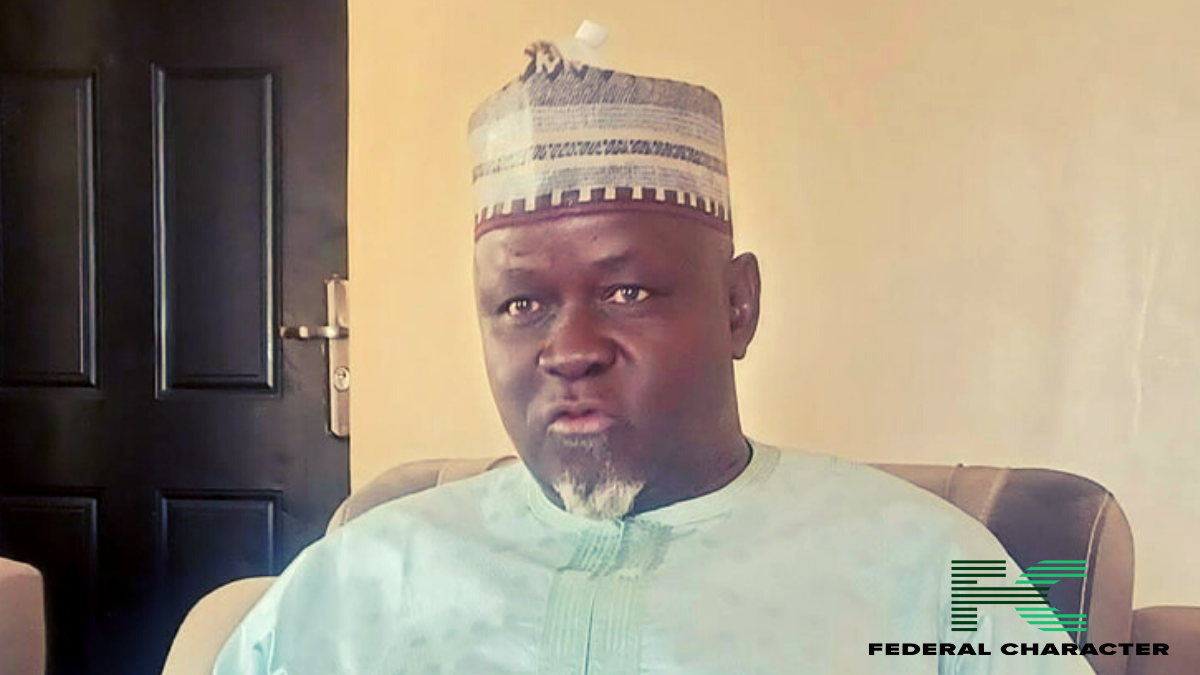JD Vance and Tim Walz have agreed to face off in a debate on 1 October, setting the stage for a significant encounter between the two vice-presidential candidates. The debate will be hosted by CBS in New York, and is anticipated to offer voters a direct comparison of the candidates’ visions and policy positions.
This debate will not just be a platform for discussing policy differences, but also a key moment for each campaign to solidify its message and appeal to undecided voters
Kamala Harris’s running mate, Mr. Walz, announced his participation on X (formerly Twitter) on Wednesday, saying, “See you on October 1, JD.” The following day, Donald Trump’s running mate, Mr. Vance, confirmed his attendance, while also challenging Mr. Walz to an additional debate on CNN, scheduled for 18 September.
“I look forward to seeing you at both!” Mr. Vance posted on X, signaling his readiness for multiple debates. As of now, Mr. Walz has not responded to the proposal for the second debate.
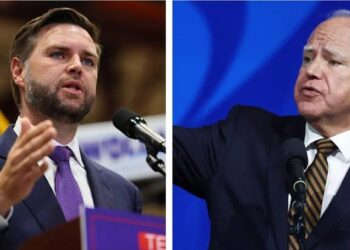
Meanwhile, the presidential candidates themselves, Trump and Harris, have agreed to debate on ABC on 10 September. Ms. Harris expressed her anticipation last week, stating, “I am looking forward to debating Donald Trump. I hear he’s finally committed to it, and I’m looking forward to it.” This marks a significant development, as Trump had initially insisted on debating only on the conservative network Fox. However, Ms. Harris had rejected this condition, pointing out that the Trump campaign had previously agreed to the ABC debate when it was assumed Joe Biden would be the Democratic nominee.
During a press conference last week, Trump suggested holding three debates, proposing two additional ones to be hosted by Fox News and NBC. The Harris campaign has not specifically addressed these additional debates but has indicated that Trump must first participate in the ABC debate before any further engagements are confirmed. NBC News is reportedly in discussions with both campaigns about a potential debate later in the autumn, according to a report by the New York Times.
The backdrop to these debates includes the ongoing repercussions of Mr. Biden’s poor performance in a debate against Trump in June. That event has been cited as a turning point, leading to increased pressure on Biden and eventually contributing to the calls for him to withdraw from the race ahead of the November election.
The decision by Vance and Walz to engage in a debate reflects the high stakes of this election, where both parties are keenly aware of the need to energize their bases and attract swing voters. For Vance, the debate presents a chance to demonstrate his support for Trump’s populist policies, while Walz is likely to play up his background and appeal to middle-class voters, casting himself as a stabilizing force in contrast to Vance’s more aggressive approach. The vice-presidential debates will be closely watched not just for the policy discussions, but also for how each candidate handles the pressure.
The Democratic campaign was already under cloud from Biden’s dismal June debate performance against Trump, Walz’s performance may be vital in calming party base concerns and mobilizing support. On the other hand, Vance’s performance will be crucial in maintaining the momentum of Trump’s campaign and solidifying their strategy heading into the final stretch before the election.
Thus, the upcoming debates will be critical for both vice presidential candidates as well as for the election as a whole. Both campaigns are fully aware of the potential impact these debates may have on voter perceptions. As the election gets closer, these debates will probably represent a miniature version of the larger political struggle, with each contender attempting to set the parameters of the national discourse and influence voters in their favor.

